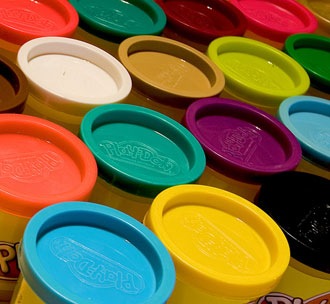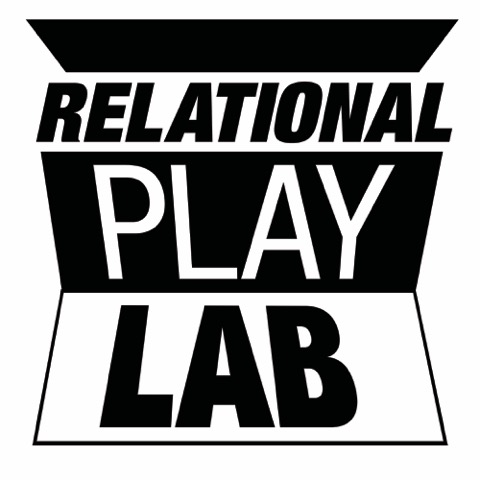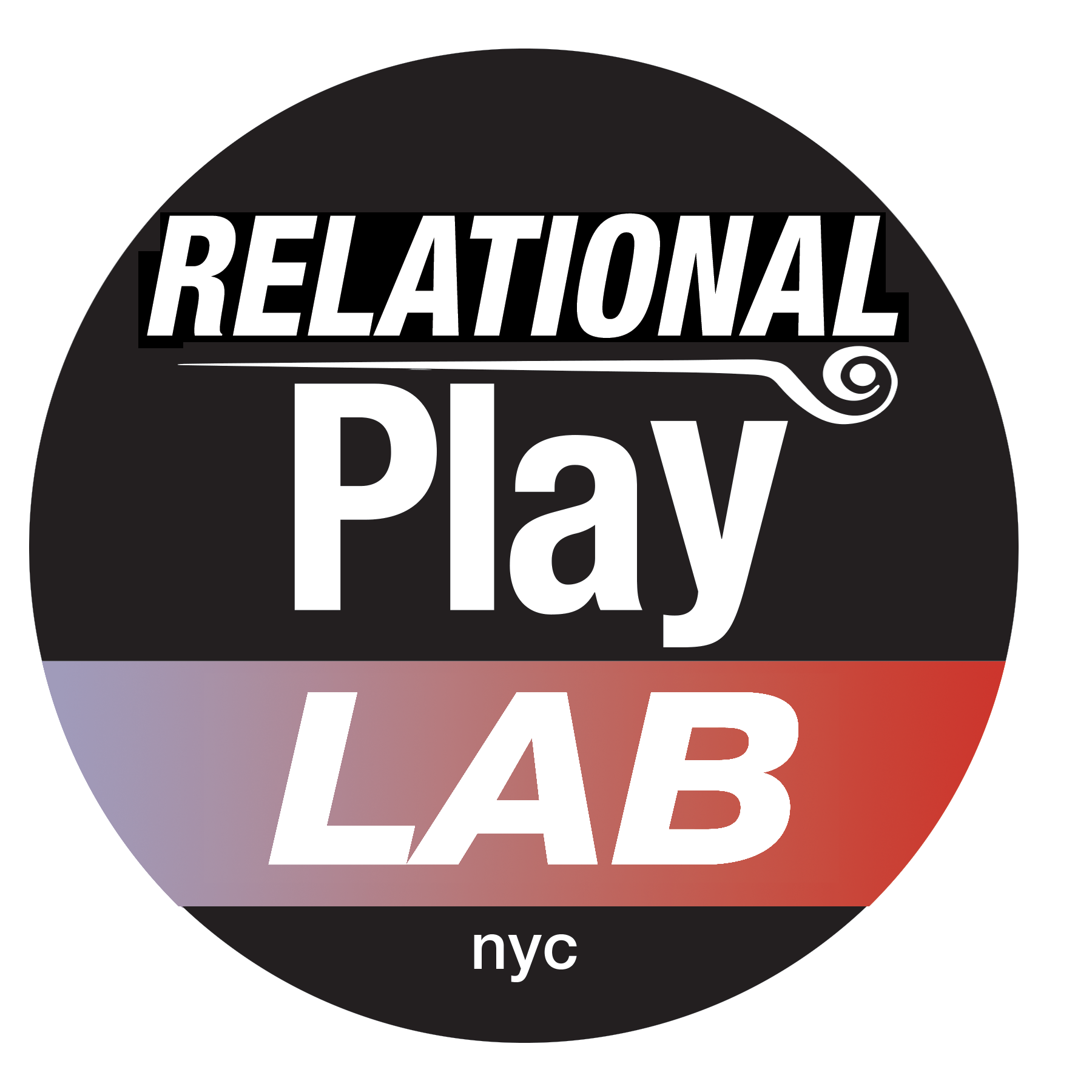


About Relational PlayLab
OUR MISSION “Relational Intelligence for an Inclusive World: To explore and implement play as a generative creative resource for individuals, teams, and organizations.” PROJECTS A Creator’s Journey Play, Improv & Emergence in Dialogic Processes...
Inquiry
Play is performative, constitutive of the lives we live. In play we make-up the life we want and don’t want. Our lives are living playlabs–approach with curiosity! Play is viewed as being central to creativity and innovation. Yet research on play often...Read moreThe idea of the relational self, however, involves wider and more profound social and political implications and challenges radically the liberal theory of justice.
Okano, 2016

